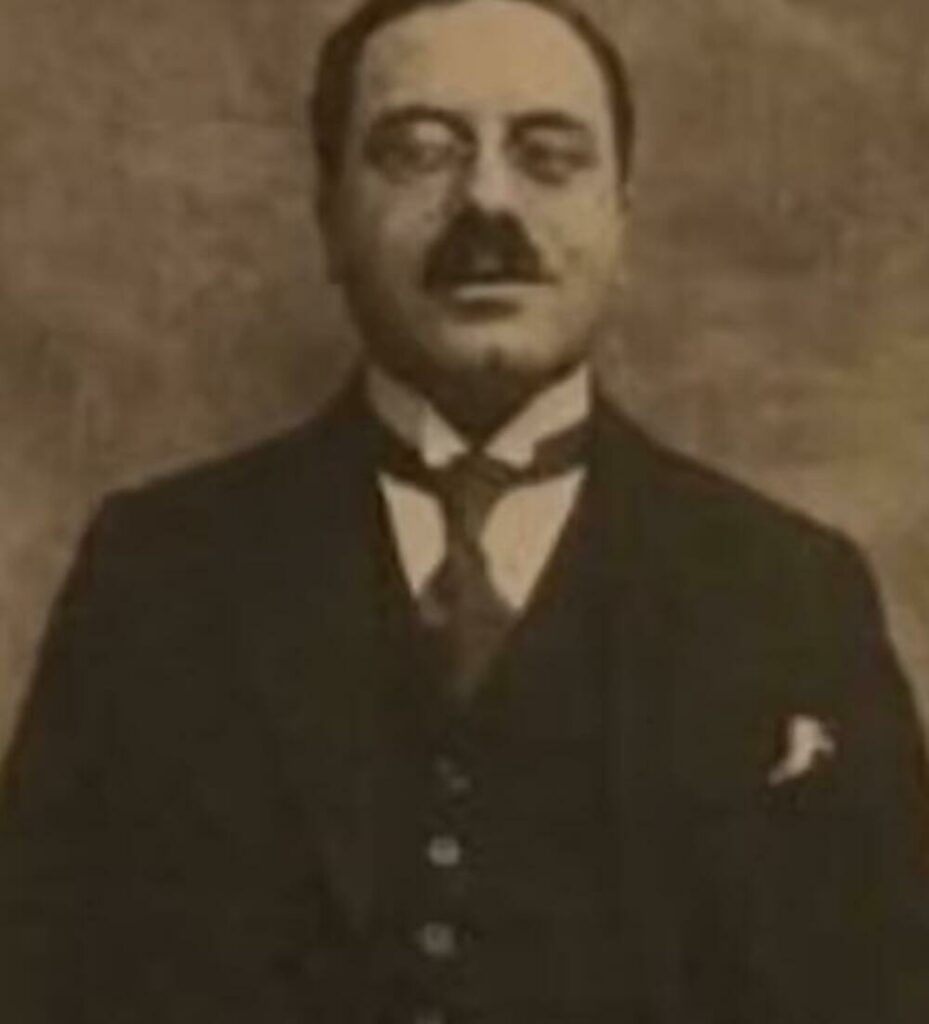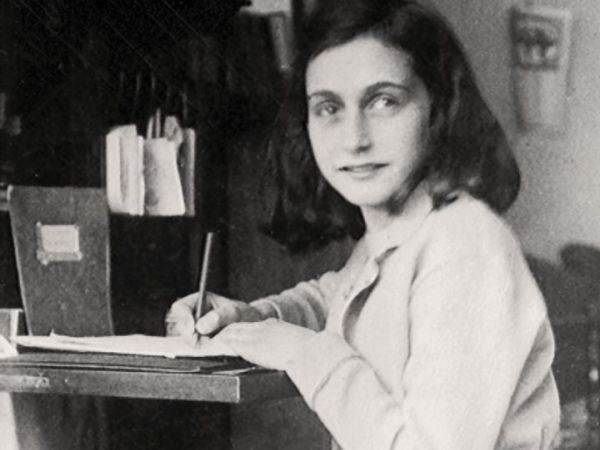One of the mysteries of the Second World War solved! A Jewish notary handed Anne Frank over to the Nazis

It has been speculated for years that young Anne Frank and her family were discovered by the Gestapo in 1944 thanks to an unknown informant, but now a retired FBI agent believes he has discovered the name of the man who found the Frank family: Arnold van der Berg.

The last six years, Vince Punkok, who worked for the FBI for 30 years chasing Colombian drug cartels, tried to solve this "cold case" with the help of modern technology. Punkok and his team used artificial intelligence to search for data and original family documents Frank which led them to the potential culprit. Punkok believes that Van den Berg he was an informant of the Nazis, but what is even more incredible is that Anna's father, Otto, knew all about it.
To save himself and his family
Van den Berg was a member of the Amsterdam Jewish Council, formed by the Nazis to oversee the Jewish population they wanted to exterminate. The council had lists of all the local Jews.
Because Van den Berg was not sent to a concentration camp before the end of the war, when the Nazis disbanded Jewish councils, Punkok and his team believe he managed to save himself and his family by betraying other Jews. Van den Berg died in London in 1950. The cause of his death is unknown.
Ana kept a diary for two years, hiding behind a bookshelf, and her diary notes, published after the war, made her a globally recognizable symbol of the Holocaust.
Ana died in the Bergen-Belsen concentration camp when she was 15 years old.

Punkok with the team he visited the hidden rooms where the family lived Franc looking for clues. To find out who told police where they were hiding, investigators, including a psychologist, historian, criminologist, war crimes investigator and several archivists, used standard police techniques to interrogate and study various suspects based on "knowledge" principles. "motive and opportunity."
With the help of artificial intelligence, they examined piles of archival material, data, letters, photographs, and narrowed the investigation to an informant who was either anti-Semitic or embezzling money. Out of a dozen potential suspects, the name of Arnold van den Berg.
Van den Berg was a well-known Jewish businessman who lived in Amsterdam with his wife and children.
"We have started the search. And we could not find him Arnold van den Berg "or any of his closest family members in those camps." Punkok for CBS.
He lived a seemingly "normal" life despite being occupied by the Nazis in the Netherlands, while Jews around him were taken to concentration camps.
Punkok assumed that Van den Berg it had to have some form of protection and influence over the Nazis.
"Van den Berg "he was not deported," said the Dutch journalist Peter van Tvisk, who worked on the team research project. "We went into the city archives and found evidence that he was in fact 'Arianized', so he lost his Jewish identity during the war. It was a real feat. "It could not have been done just like that."
There was another key piece of evidence: the message that the father of Anne, Otto Frank, won it after the war in which Van den Berg is listed as the main suspect.

As one of the founders of the Jewish Council, Van den Berg had access to the list of addresses where Jews would hide in Amsterdam. As the chances of him and his wife being sent to concentration camps grew, he knew he had to give the Nazis something valuable to keep him and his wife safe.
"There is no evidence that he knew who was hiding at one of these addresses. "These were just addresses that were known to have Jews hiding there." Punkok.
Why didn't Otto Frank hand over the informant ?!
Punkok has its own theories why Otto Frank even years later he did not go public with the name of Van den Berg.
"Otto knew that Arnold van den Berg is a Jew, and in the post-war period, anti-Semitism was still present. "So maybe he just thought that if he mentioned it, it would further ignite the fire," he said.
Despite a deep dive into the nearly 80-year-old case and the identification of Van den Berg as a person who betrayed the family Franc, the investigative team says the evidence is still very indirect.
However, they hope that their discovery could reveal other secrets of Van den Berg.


